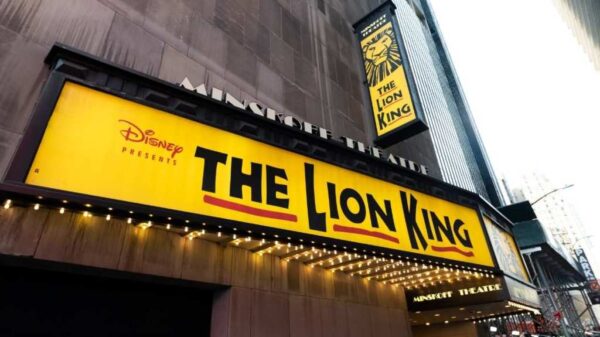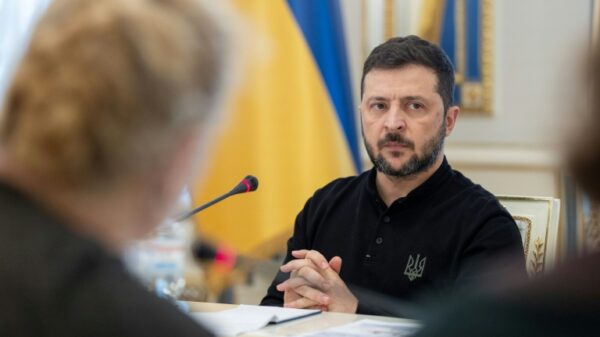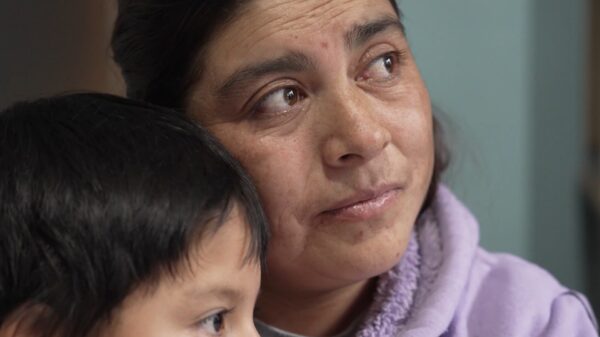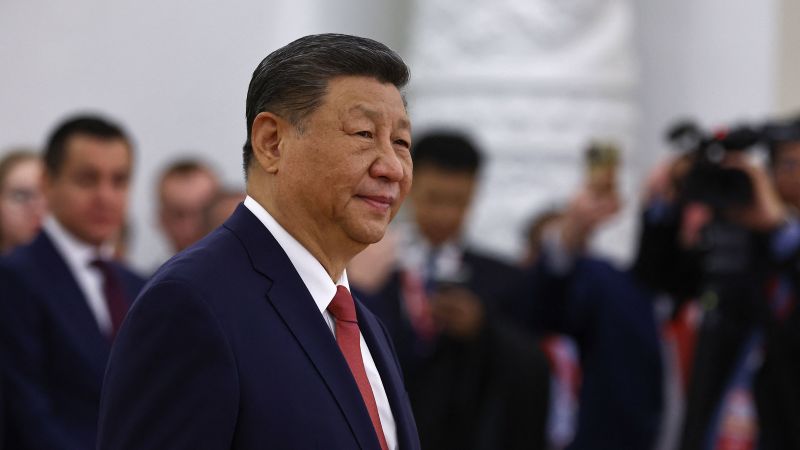A summit of leaders from the BRICS group of major emerging economies commenced in Brazil on Sunday, but notably absent is the top leader of its most powerful member. For the first time in over a decade, Chinese leader Xi Jinping, who has positioned BRICS as a cornerstone of his strategy to reshape global power dynamics, will not attend the annual gathering of leaders. Xi’s absence from the two-day summit in Rio de Janeiro occurs at a pivotal moment for BRICS, which has expanded since its inception to include new members such as Egypt, the United Arab Emirates, Ethiopia, Indonesia, and Iran.
The summit arrives as some BRICS members face a July 9 deadline to negotiate U.S. tariffs imposed by President Donald Trump, amidst broader global economic uncertainty sparked by his administration’s trade policies. Xi’s absence means missing a vital opportunity to position China as a stable alternative to the U.S., a narrative Beijing has sought to promote, especially in light of Trump’s “America First” policy and recent military actions involving Iran.
Strategic Implications of Xi’s Absence
Despite Xi’s decision to send his second-in-command, Li Qiang, observers suggest this does not indicate a diminished importance of BRICS to Beijing. Chong Ja Ian, an associate professor at the National University of Singapore, highlights that BRICS remains integral to China’s strategy to counterbalance U.S. influence. However, the pressure to assert this may have lessened under Trump’s administration, with Xi potentially prioritizing domestic economic challenges over international gatherings.
Beijing may also have tempered expectations for significant breakthroughs at this year’s summit, given the current geopolitical climate and internal economic considerations. Brian Wong, an assistant professor at the University of Hong Kong, notes that Xi’s absence should not be interpreted as a snub. Instead, it reflects a strategic decision to focus on domestic priorities while still advancing key BRICS initiatives through Li’s participation.
Global Dynamics and Attendance
Xi is not the only major leader absent from the summit. Russian President Vladimir Putin will also participate via video link, avoiding potential legal complications due to an International Criminal Court charge. This leaves Indian Prime Minister Narendra Modi and South African President Cyril Ramaphosa as key figures present in Rio. The absence of Xi and Putin provides Modi with a significant platform, as he combines the summit with a state visit to Brazil.
New BRICS members and partner countries, including Indonesia and potentially Saudi Arabia, are expected to send delegations, though some have yet to confirm their attendance. The recent diplomatic engagements between China and Brazil, including Xi’s visit for the G20 summit and Lula’s subsequent trip to China, may mitigate any perceived slight from Xi’s absence.
Economic Strategies and Challenges
BRICS, initially formed in 2009 as an economic coalition, has grown in significance as a counterbalance to the G7. The group’s diverse political and economic systems, however, present challenges in achieving cohesive policy outcomes. A recent statement from BRICS expressed “grave concern” over military strikes against Iran but did not directly name the U.S. or Israel, highlighting the group’s diplomatic tightrope.
One area of potential unity is the move towards de-dollarization, particularly appealing to members like Russia and Iran, which face U.S. sanctions. The concept of a BRICS currency, though floated by Brazil’s Lula, remains unlikely to gain traction amidst U.S. threats of severe tariffs. Instead, discussions may focus on expanding the use of national currencies for trade, a topic of interest given China’s leadership within BRICS and its broader economic ambitions.
Looking Ahead
As the summit progresses, observers will watch closely how BRICS countries address the balance of promoting national currencies against the backdrop of U.S. economic influence. The outcomes of these discussions could signal shifts in global economic alignments and influence future diplomatic strategies within the group.
While Xi’s absence from the summit marks a significant moment, it underscores the complex interplay of domestic priorities and international diplomacy. The decisions made in Rio will likely have lasting implications for BRICS and the broader geopolitical landscape.







































































